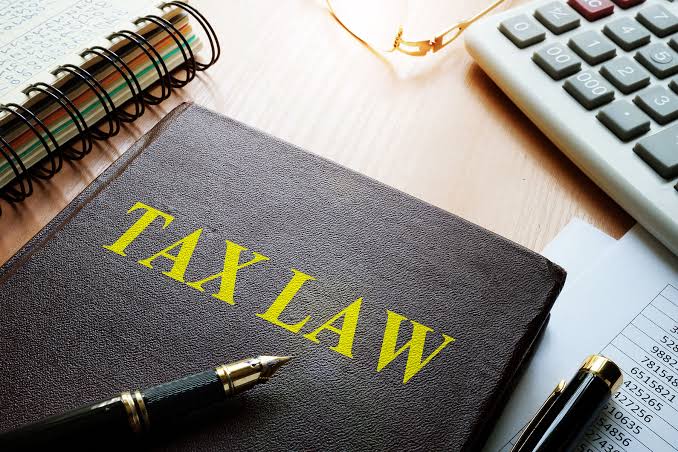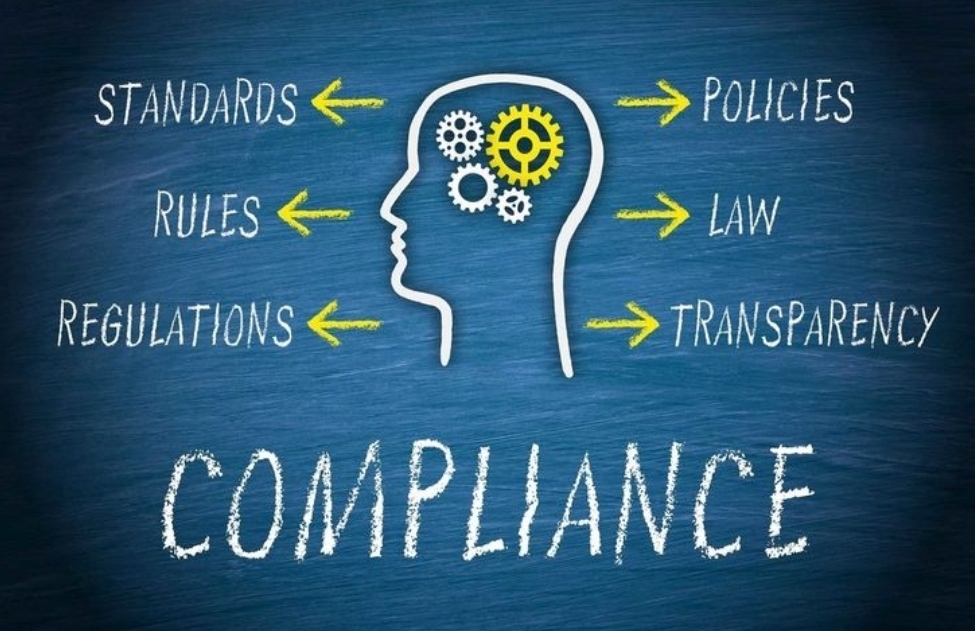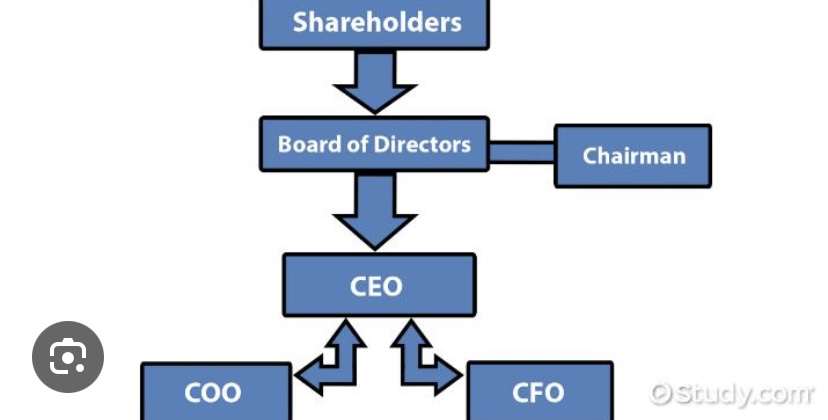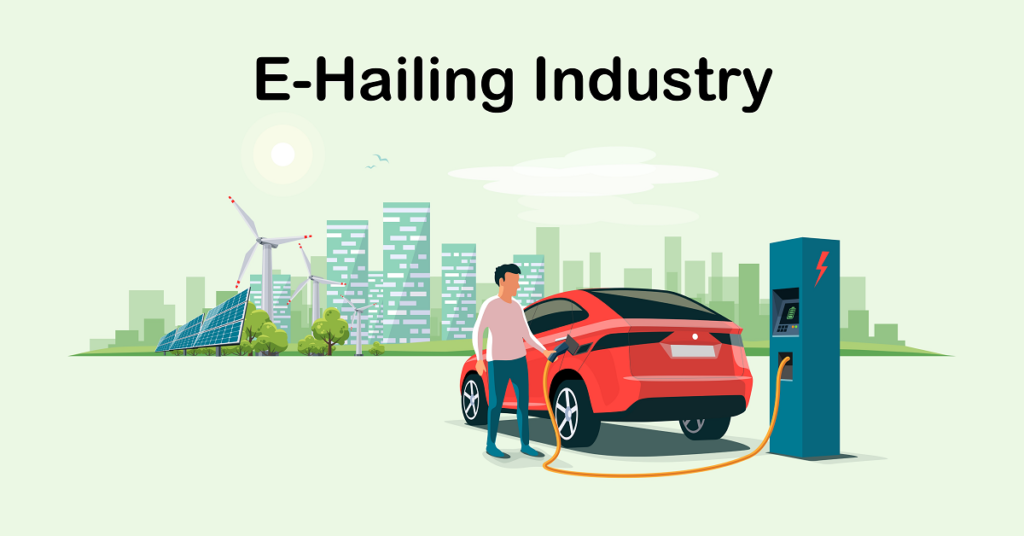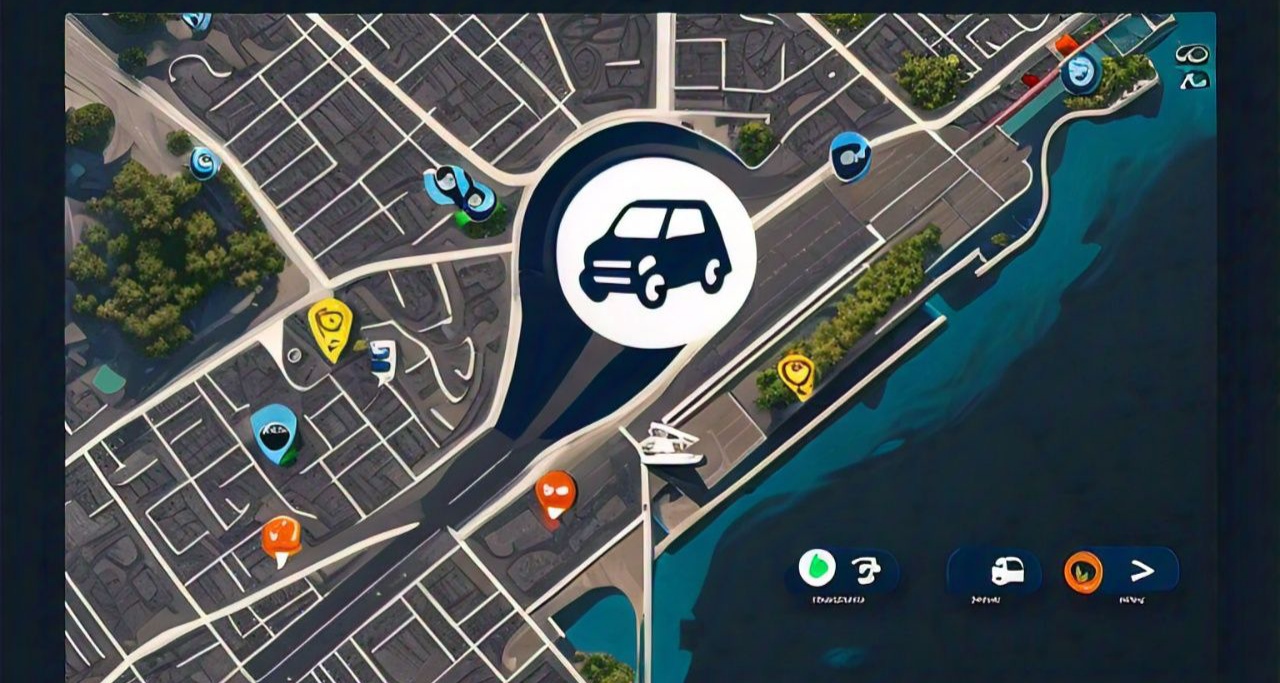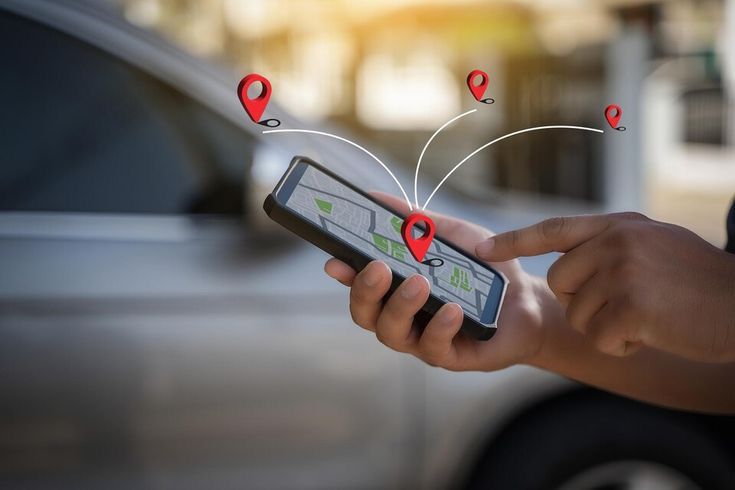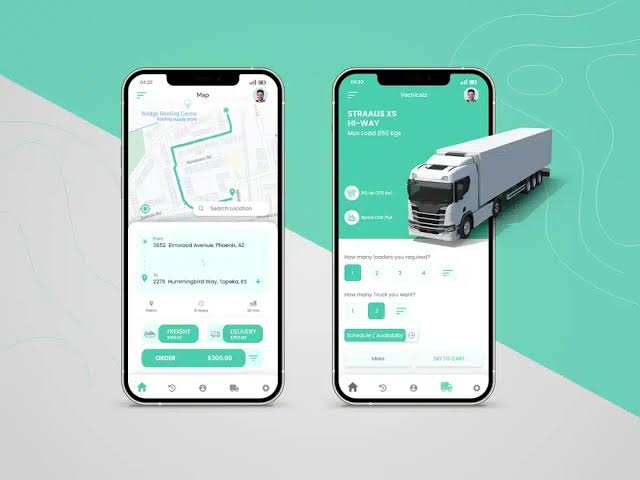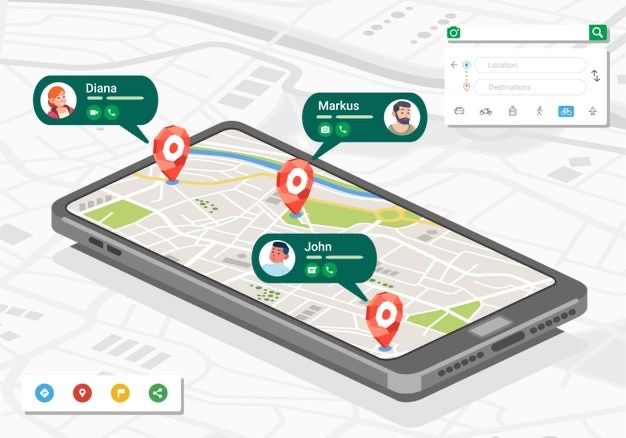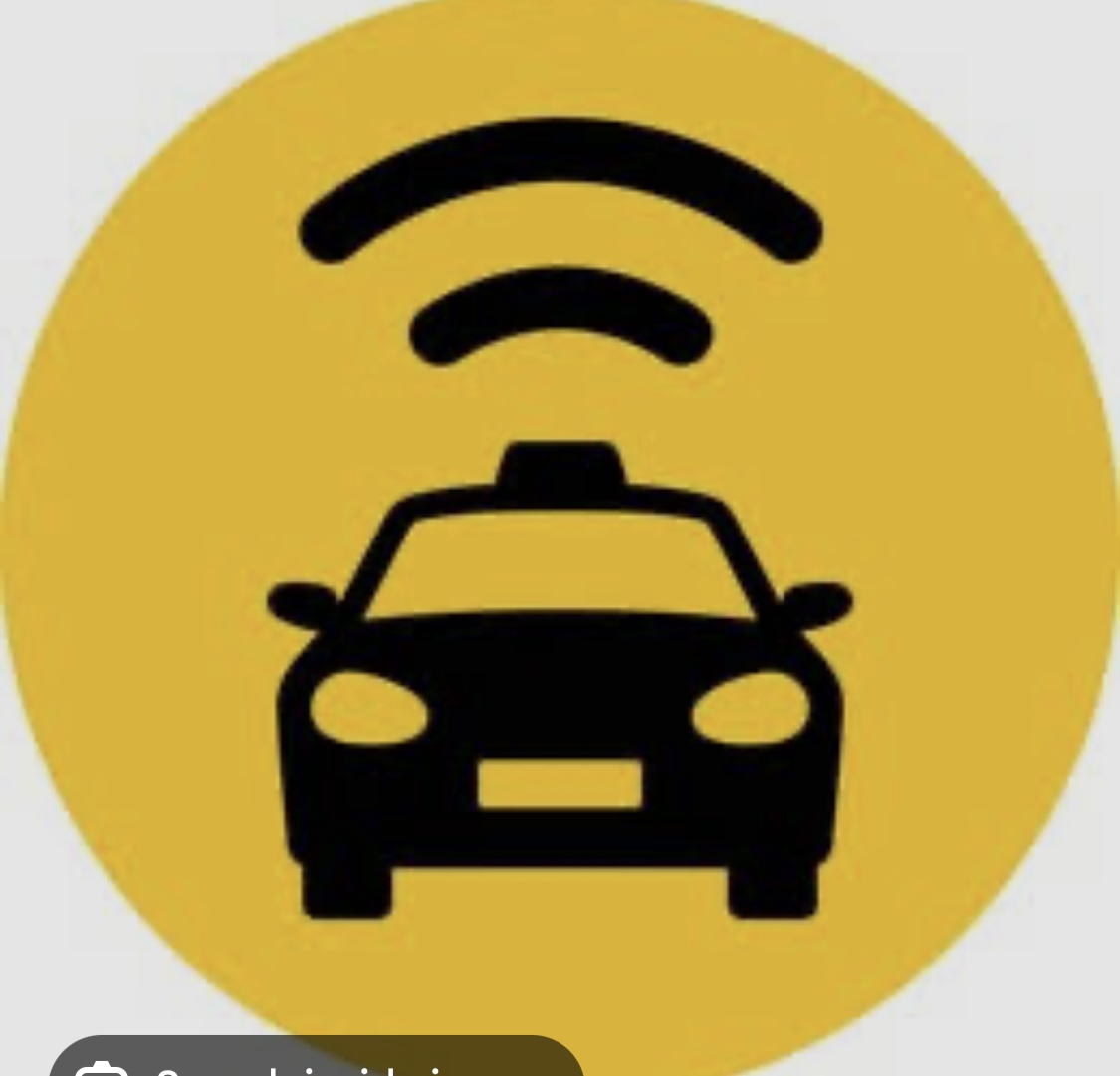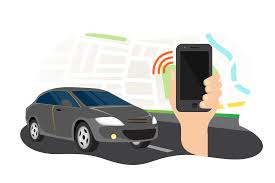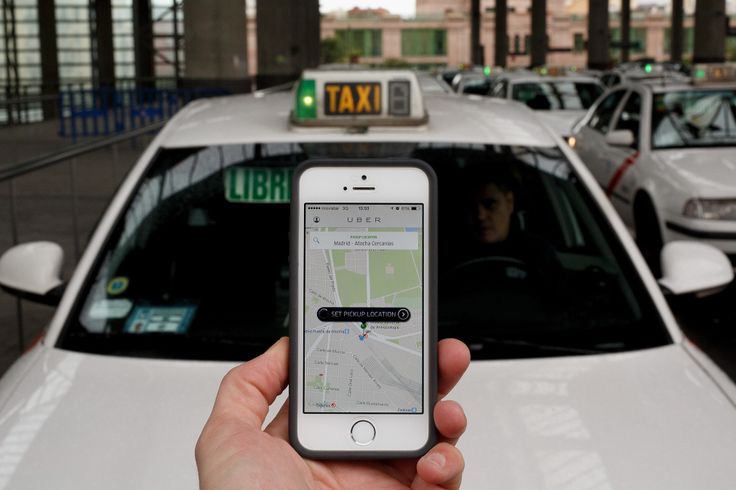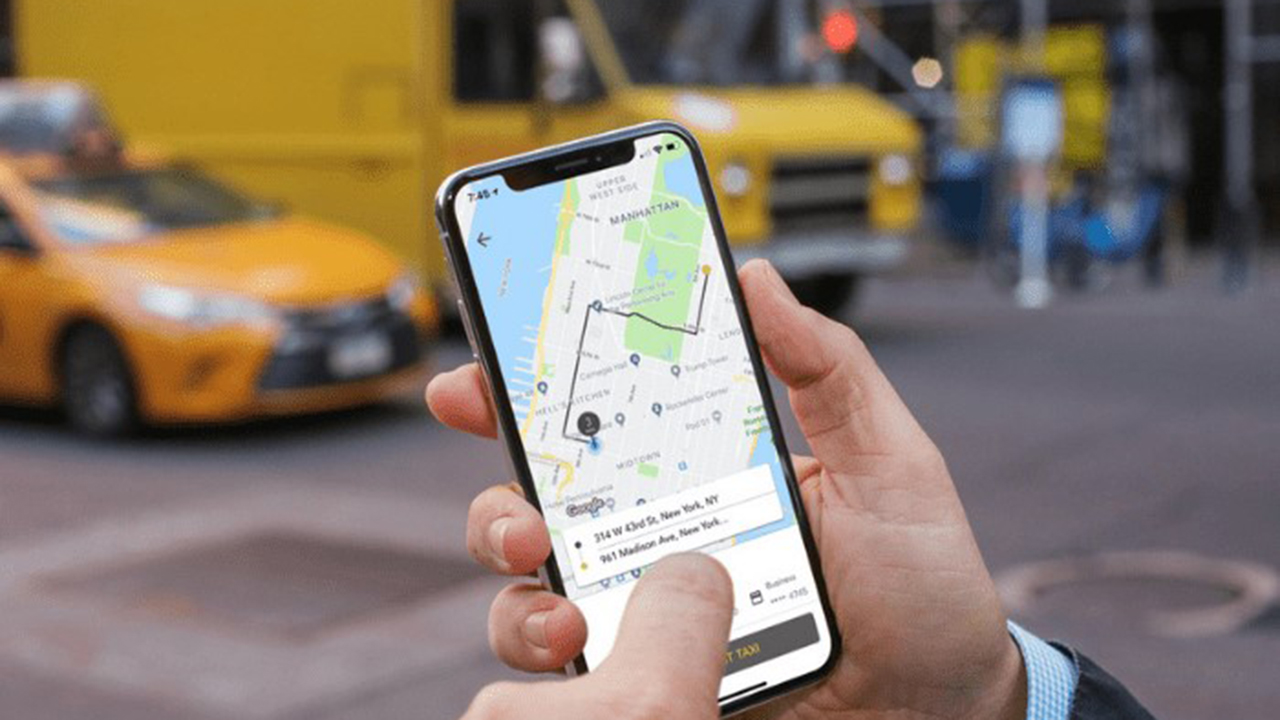
Launching an E-hailing Startup in Nigeria requires certain legal actions and compliance. E-hailing is a service provided through electronic applications and means that allows a person to book a ride or public transport service. E-hailing connects public transport drivers to users of public transport, however, these connection/commercial transactions can have legal consequences. Nevertheless, this article aims to consider some legal aspects of launching/establishing an E-hailing Startup in Nigeria using a hypothetical scenario.
The hypothetical scenario under consideration and questions for legal considerations are;
A group of entrepreneurs in Nigeria plan to start a new ride-hailing technology startup. They have developed a mobile app that connects passengers with drivers for transportation services. They are ready to register the startup and launch their platform.
Questions
1. What type of business structure is most suitable for an e-hailing tech startup in Nigeria?
2. What specific legal requirements and regulations should the startup comply with?
3. How can the startup protect its intellectual property, such as the mobile app and business model?
4. What are the potential challenges and risks associated with operating an e-hailing tech startup in Nigeria?
5. What are the necessary licenses and permits required to operate an e-hailing service in Nigeria?
1.0 The type of business structure that is most suitable for an e-hailing tech startup in Nigeria.
The business structure that would be most suitable for an E-hailing Startup is a Private Limited Liability Company.
This is suggested based on the benefit of a Private Limited Liability Company, which includes limited liability of shareholders for company debt, thereby protecting the personal assets of shareholders from business debts and liabilities.
2.0 Specific legal requirements and regulations that should be complied with by E-hailing Startups.
An E-hailing Startup must comply with the following legal requirements and regulations for there to be a smooth running of an e-hailing startup without a breach of the laws.
Legal requirements and regulations:
1) Corporate Affairs Commission (CAC): An E-hailing Startup must be officially registered with the Corporate Affairs Commission (CAC) for it to function within Nigeria.
2) Nigeria Data Protection Act 2023: An E-hailing Startup must comply with the regulations of the Nigeria Data Protection Act, particularly Section 27 of the act, which provides for the contents of a privacy policy and regulates the collection, processing, and storing of users' data.
3) Federal Inland Revenue Service (FIRS): An E-hailing Startup must be tax compliant and thereby pay tax to the Federal or State Inland Revenue Services.
4) Central Bank of Nigeria Regulations and Guidelines: An E-hailing Startup must comply with payment guidelines and regulations provided by the Central Bank of Nigeria.
5) Federal Road Safety Corp: An E-hailing Startup must comply with the guidelines of the Federal Road Safety Corp for the smooth transportation and rendering of e-hailing services.
3.0 How E-hailing Startup can protect its intellectual properties.
The protection of the Intellectual property (IP) of an e-hailing startup is paramount to its success as an e-service provider. An e-hailing startup must have its company's innovations, logo, mobile application, business model, and copyrightable works protected. IP could be protected under;
Trademark: An e-hailing startup must trademark its brand name, logo, motto, and other differentiating characteristics under the Trademark laws and regulations to prevent the use of such sign or symbol by another startup.
Patent: An e-hailing startup must protect its novel innovation and invention under the Patent and Design Act to prevent the unauthorized use of such novel innovation.
Copyright: All copyrightable works of an e-hailing startup must be registered under the Copyright Act to prevent infringement.
4.0 Potential challenges and risks associated with operating an e-hailing tech startup in Nigeria
1. Insecurity
2. Driver and passenger safety issues
3. Poor road and infrastructure
4. Unhealthy competition among startups
5. Data Protection infringement
5.0 Necessary licenses and permits required to operate an e-hailing service in Nigeria
1. Vehicle inspection and certification
2. Driver’s Licenses
3. E-hailing service permit (For E-hailing Startup in Lagos State)
4. Certification of incorporation from the Corporate Affairs Commission.
Conclusively, the operation of an e-hailing startup in Nigeria requires certain legal considerations and compliance with a whole lot of regulations.




